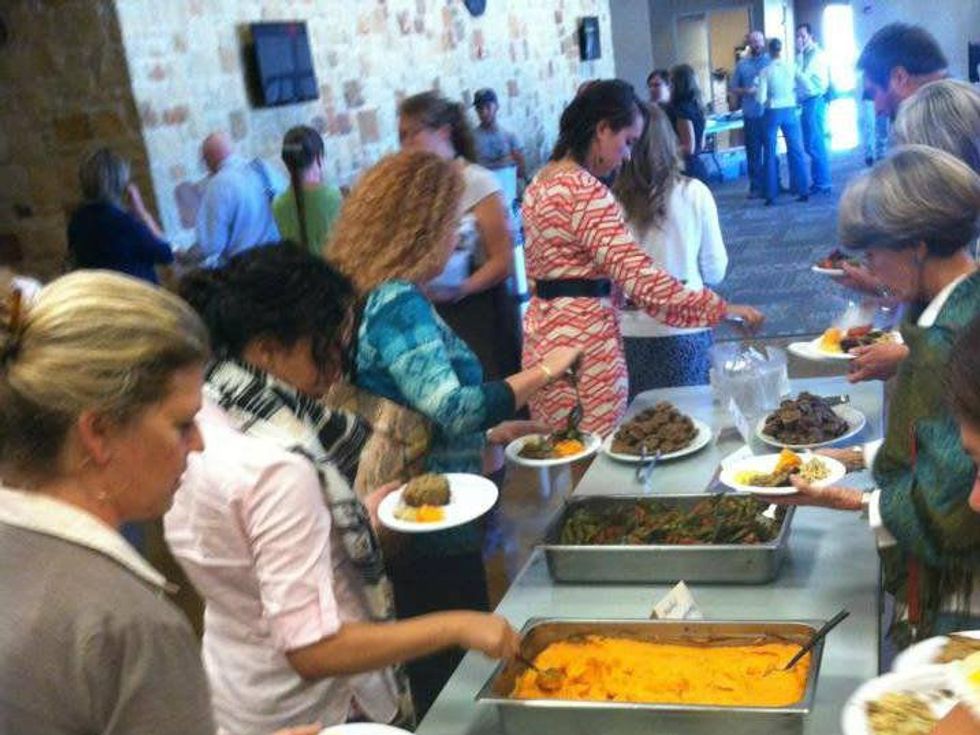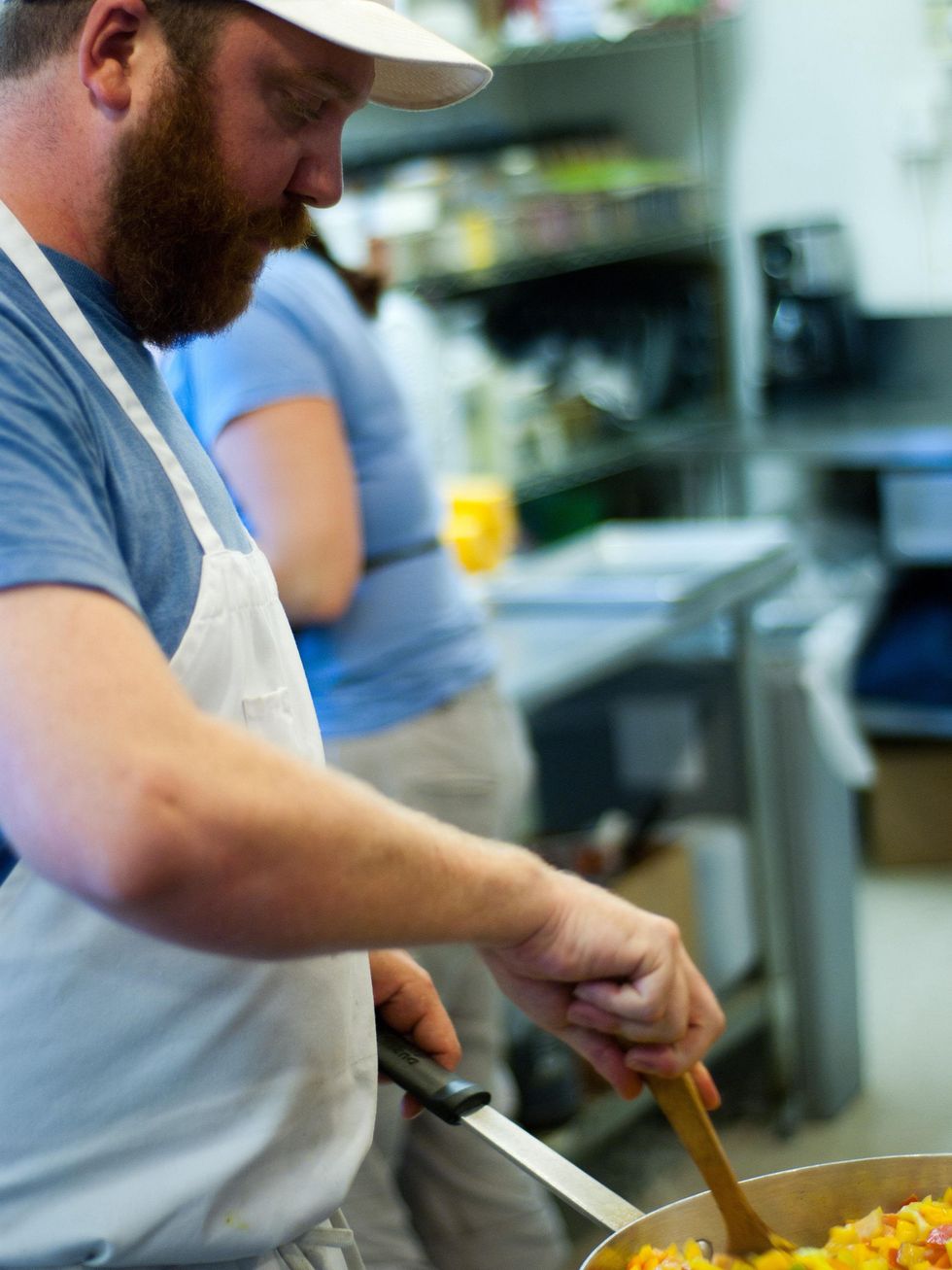Food Freedom Fight
Farmers gather in Bastrop to stick up for small-scale food production
Most farmers spend their time in the fields, away from screens flashing CSPAN or monitoring city council meetings. Yet there are numerous laws, codes and ordinances that have a direct impact on their livelihoods. Increasingly, farmers are being asked to weigh in on issues from zoning to international trade, water quality and genetically modified organisms (GMOs). Over the past weekend, more than 100 farmers and local food advocates discussed these issues and more at the Seventh Annual Farm and Ranch Freedom Alliance (FARFA) conference in Bastrop.
FARFA, a national nonprofit that supports and advocates for independent family farmers, hosts the annual gathering to help its members stay current on the constantly changing public policy discussions that might affect farmers. This year, a series of advocacy workshops also taught participants how to organize their communities, have effective conversations with elected officials and work with the media.
The conference kicked off Sunday morning with a panel discussion of current food policy issues in Austin. Paula McDermott and Katherine Nicely from the Sustainable Food Policy Board highlighted the work the board has done over the past six months to revise the urban farm code, a measure that is up for approval first by the city Planning Commission, then the City Council.
Margaret Shaw of the city’s economic development division discussed efforts to provide more business opportunities to farmers and local food processors, including a permanent market like Pike Place Market in Seattle or the Ferry Plaza market in San Francisco.
In a session on community food access, nonprofits from around the state detailed the work they are doing to make more fresh, healthy food available to all Texans. Claudia Harding of Austin’s Sustainable Food Center discussed their Happy Kitchen program, which provides cooking classes, focused on preparing fresh produce, to low-income families; Harding also spoke about double-dollar incentive programs through which SNAP and WIC participants can double their money at local farmers markets.
Max Elliott, executive director of Urban Roots, related how a core component of their youth development farm program is to donate percent of what they grow to local hunger relief partners and having kids in the program serve in one of the soup kitchens. “The kids in the program learn the value of meaningful hard work by donating so much of the food they have grown,” said Elliott. “Working with the hunger relief partners gives them a chance to truly understand the impact this food has on people’s lives.”
Food for the conference was donated from area farms and producers and prepared by chef Jesse Griffiths and his team from Dai Due. Brazos Valley Cattle Company donated beef for the lunch, and local delivery services Greenling and Farmhouse Delivery provided produce, as did Caeda, Tecolote and Pedernales Valley Farms.
One of the most highly anticipated panels was an update from state Reps. Eddie Rodriguez (D-Austin) and Lois Kolkhorst (R-Brehnam) on the work of their Texas House Farm-to-Table Caucus. Through a bipartisan effort, the 30-member caucus passed two bills in the most recent legislative session, an update to the cottage food law that allows culinary artisans with annual revenue of less than $50,00 to produce goods in their own homes and a bill that would allow consumers to sample food at farmers markets.
Rodriguez also discussed two bills that were not passed but that legislators continue to work on; both would would lower entry barriers for farmers in urban areas, who often pay significantly higher property taxes and water rates than do their rural colleagues. “We want the farms to succeed. We want them to multiply and be able to provide food at a lower cost, but it's more expensive for them to do what they do because they are in urban areas,” said Rodriguez.
Kolkhorst detailed the roadblocks representatives often face when talking to the various departments across the state tasked with implementing food and farming legislation. “The code enforcement is skewed. It’s okay to import chicken from China without a country-of-origin label, but the state is coming down tough on family farms and local food artisans,” said Kolkhorst. “You have to be able to say that we want enough certainty in this market to allow our producers to grow.”
Judith McGeary, FARFA's executive director, closed the conference with a call to action urging farmers, food producers and food advocates to get involved on behalf of locally produced food. “Whether it’s at the city, state or national level, each of you can help make fresh, healthy food more available in your community.”
With newly honed skills and knowledge, conference attendees have the tools they need to become strong advocates back at home.



